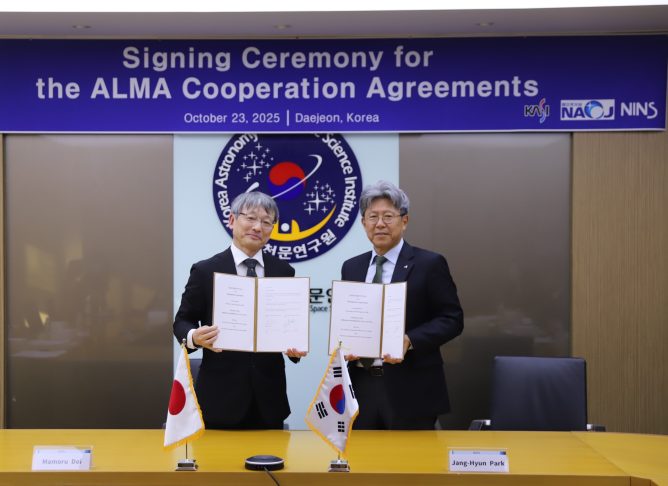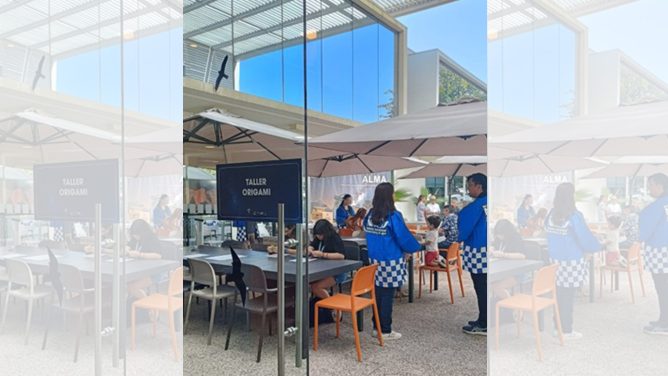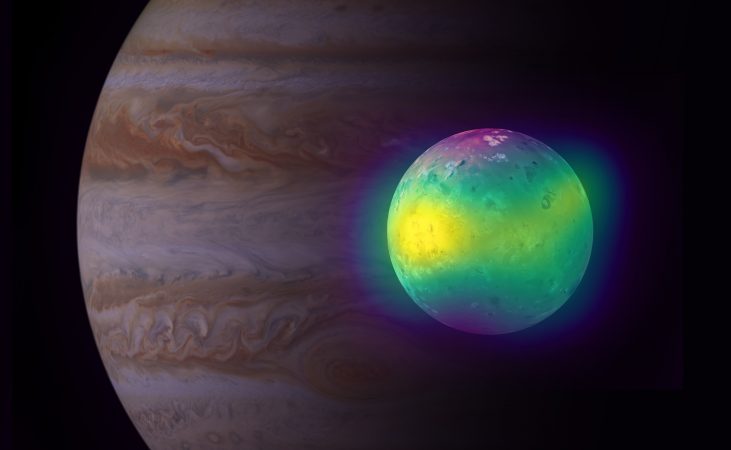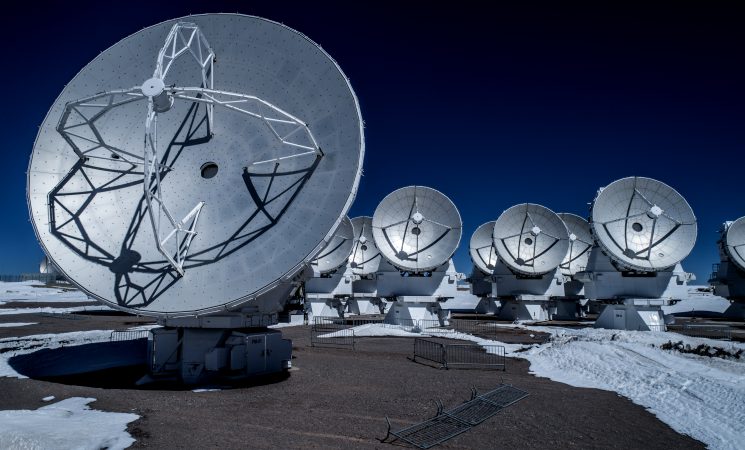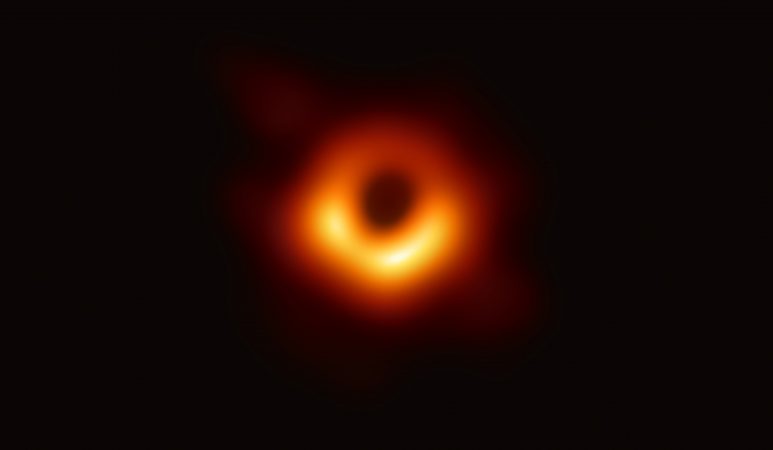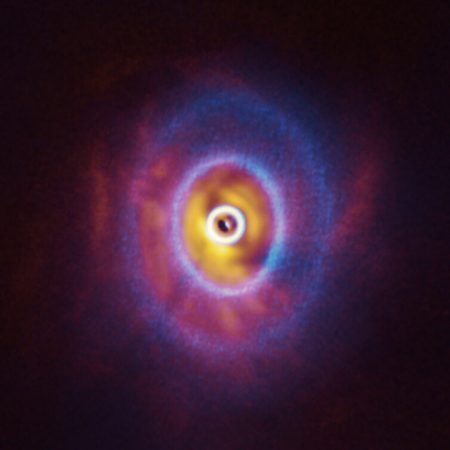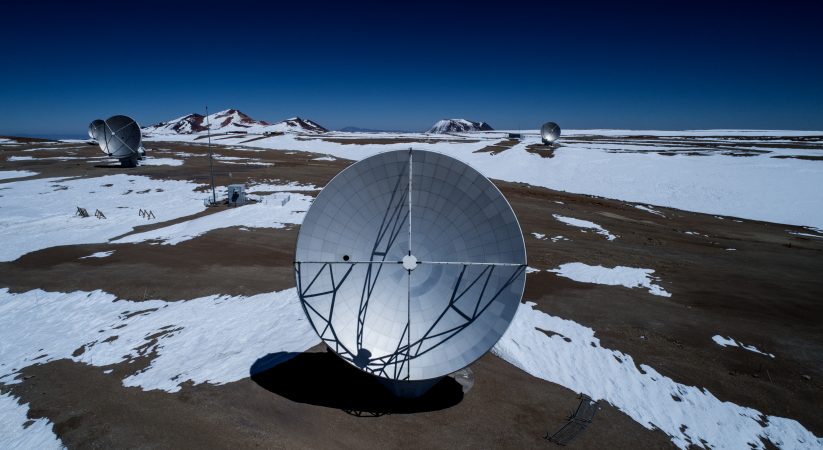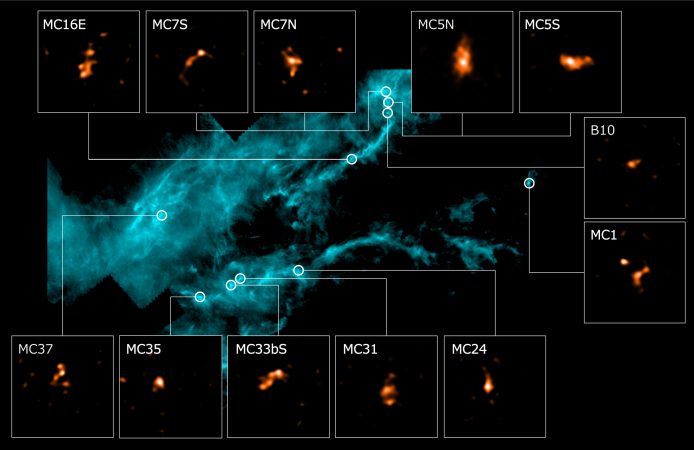2020.12.25
Online Lecture on Solar Eclipse Observation in Chile
On the day of the lecture, we had a pleasant sunny day with little humidity in Santiago (where many Japanese people live). On such a lovely day, most people usually go out to enjoy the weekend or on that weekend in particular, they might have been traveling to southern Chile where the total solar eclipse would be observed. However, the capital state was under a quasi-lockdown as a measure to prevent the spread of Covid-19, which started from three days before the lecture event, and it was prohibited to go out on weekends. Perhaps because of that, many people were staying at home and we had as many as 30 online connections during the lecture. In some cases, one monitor was viewed by multiple people, which indicates that more than 30 people watched it.
In the lecture, I talked about a variety of topics ranging from the mechanics of a solar eclipse and how to observe it, the great conjunction of Jupiter and Saturn on December 21, to the journey of Hayabusa2 and the capsule that landed on Earth on December 6. At the end of the lecture, viewers showed their appreciation with applause icons, and we were glad to know that they enjoyed it even if only a little. After the solar eclipse the next day, one of the viewers, who is living in Santiago, sent me a photo of the sunbeams during the partial eclipse with the message that says, “Thank you for telling us the story of the sunbeams filtering through leaves” through social media. I was very happy to receive it.
Regarding the preparation for this event, we didn’t have much time from when the decision was made up to the day of the online lecture. The announcement was made only three days prior to the event by e-mail to the Japanese community communities with which the NAOJ Chile is regularly associated. Because of this, the event may not have been known to people who do not belong to the Japanese community communities. In this regard, there may be room for improvement in the announcement. Despite that, as this event was received well, we are thinking that it might be a good idea to give online lectures regularly and provide astronomical information for Japanese people in Chile, even when there is no big astronomical events such as a total solar eclipse.


